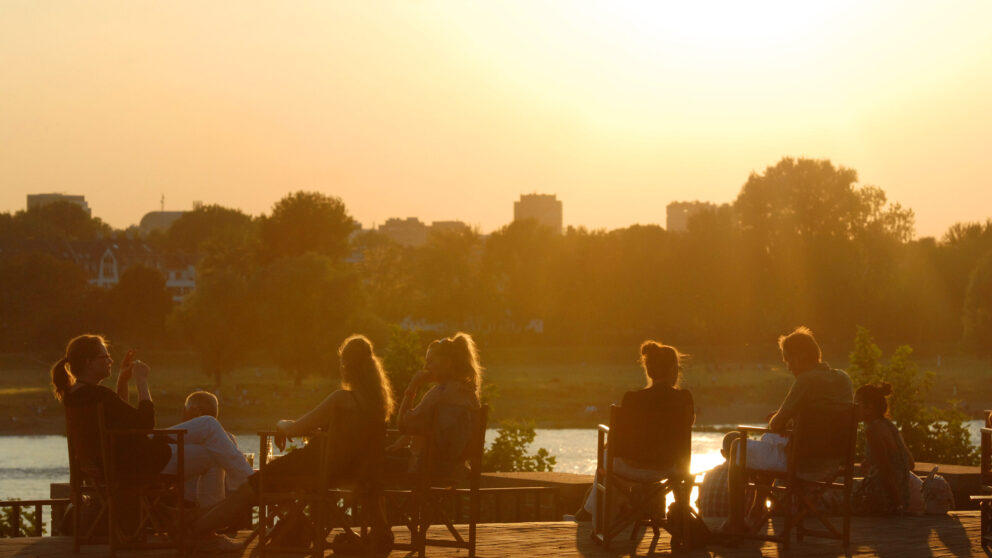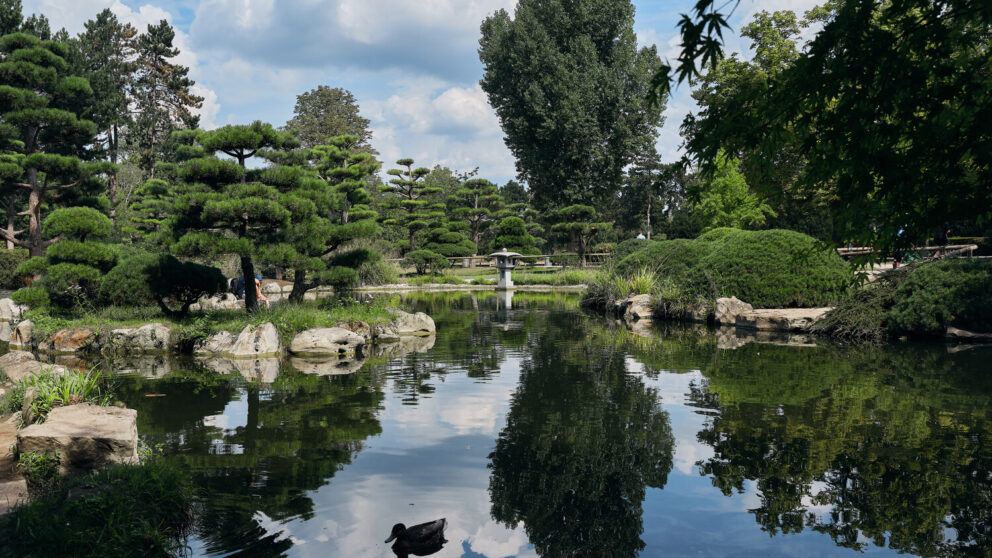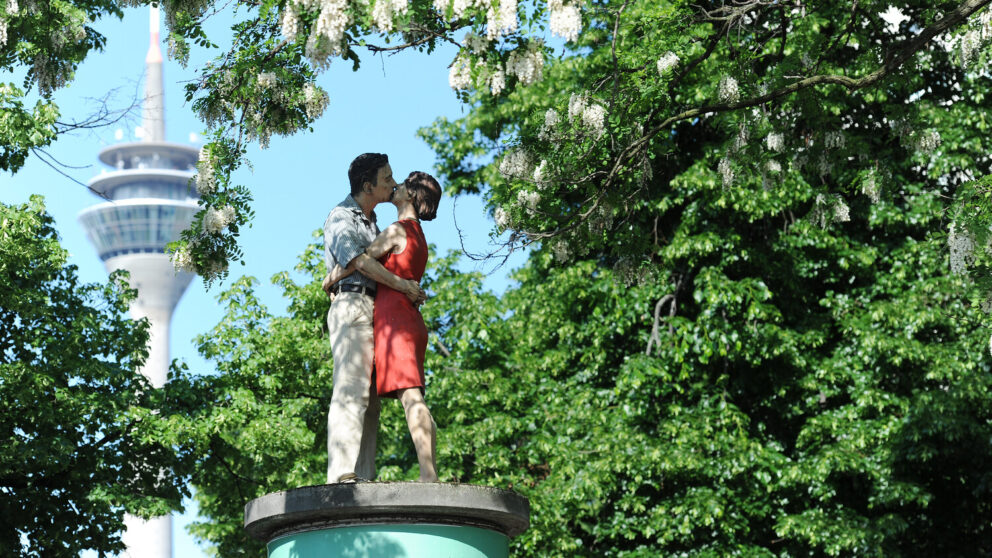
“The perfect format for the perfect city”
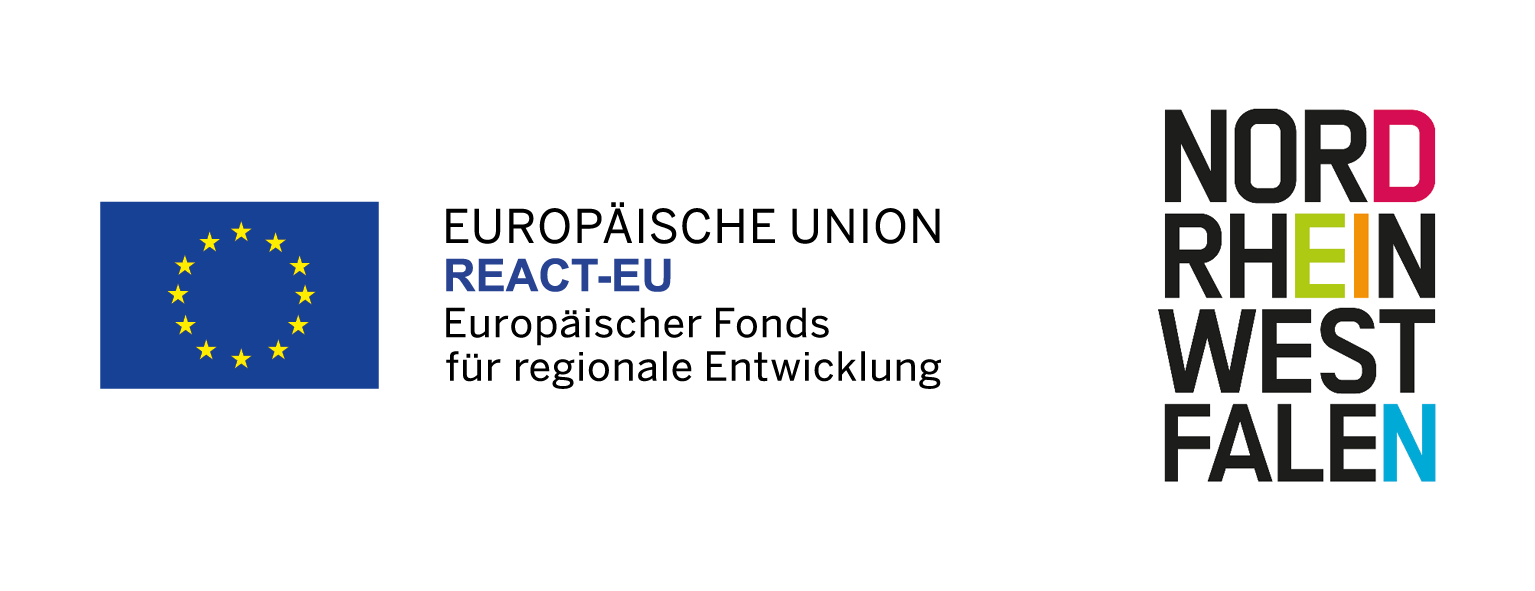
“The perfect format for the perfect city”
Interview with Lisa Maria Kunst
A four-month stay in New York inspired Lisa Maria Kunst to dedicate herself to a project that would turn her and her husband Rainer Kunst into central figures of Düsseldorf’s creative scene over the last eight years. Back then she came across the Creative Mornings format online. This has since become a global event at which creative individuals from various genres meet up monthly in their respective home towns to discuss and share ideas. The meetings feature talks of around half an hour by members of the community who come to share their expertise with interested like-minded people. Lisa Maria Kunst and her husband Rainer lived in the same block in New York that was home to the headquarters of this start-up initiative. They were immediately excited by the idea and decided to introduce the format to their home city of Düsseldorf. The special thing about this series of events: the meetings take place on one Friday a month at 8.30am, but always in a different place. The couple organised their first event in February 2015 under the glass dome of the K21 art museum. Eight years later, their Creative Mornings are now a firm fixture in the local arts scene. Lisa Maria Kunst talks in the interview about aspects that make Düsseldorf the perfect hub for these morning events.
Together with your husband, you have been organising and hosting Creative Mornings in Düsseldorf for eight years now. What are your professional links to the creative community?
My interest in art and culture came from when I was growing up. I was influenced at an early age. After training in advertising sales at DDB, I studied Communications and Multimedia Management at Düsseldorf University of Applied Sciences and then went on to work in communications and advertising. Today, I work with my husband at the Studio Kunst agency.
How do you go about finding new creatives for the talks every month?
We get suggestions for monthly topics from the Creative Mornings community, which now covers more than 223 cities. That’s the first source of inspiration. However, these topics are often very general and can therefore be interpreted in very different ways. Sometimes I get recommendations, and sometimes the location itself presents its very own topic for discussion. After all, our aim is to really focus on a new location every month. This doesn’t come from headquarters. It’s something we’ve imposed on ourselves.
What kind of topics do you cover?
They can be abstract, general themes such as love, life and death. However, we’ve also had topics such as ‘Happy Coincidence’ and ‘Wealth’. To show you just what kind of scope for interpretation there is, I’d like to tell you about another example we had: one of very our first topics was called ‘Ink’. Our guest speaker was the author and illustrator Martin Baltscheit. For the same topic in Los Angeles, they had a live demonstration of a chef cooking squid. In other cities, calligraphers, typographers and tattoo artists were invited to speak.
How has your view of Düsseldorf changed since you’ve been working so closely with the creative community?
It has changed significantly. On the one hand, I’ve become acquainted with many interesting people and their projects. But I’ve also been to some places that would not normally be accessible, including Off Spaces that no longer exist, such as Ergo Ipsum and PostPost. Some places disappear, new ones emerge. Over the course of eight years, with twelve events a year, we’ve definitely been to a lot of places around the city. Fortunately, Düsseldorf has many options in this respect. There’s plenty of scope there.
You grew up in Düsseldorf. What makes the city special to you?
I’ve lived in various districts: Mitte, Zooviertel, Flingern, Bilk and Volmerswerth, as well as Pempelfort and Unterbilk. What I like about Düsseldorf is that the city is a manageable size, but still has a lot to offer in the areas that interest me. When it comes to art and culture, Düsseldorf holds its own against any other major German city.
What role does Düsseldorf as a location play in your work?
I work in a variety of areas. For my work in communications, Düsseldorf is an important place. Not every city offers you the opportunity to train at a large agency such as DDB. I learnt a lot there. The advertising and design community here is very dynamic. Advertising has always been an economic factor in Düsseldorf, and it’s home to a number of big agencies. We’re fortunate to have the Academy of Arts too. It brings a steady stream of young people to the city. Then there’s also a very vibrant music scene. It’s a very special mix.



You have the Studio Kunst agency, and then your husband Rainer Kunst also runs the Kunst & Denker Contemporary Gallery with Meike Denker. Are there any synergies here? Do they both merge to form a creative cosmos?
For me personally, the gallery plays a very important role. I’ve learnt and witnessed a lot through being so closely involved with it, and I find the input rewarding. Nevertheless, art is a separate field. Not that there should be any barriers. But I find it good that art and the creative industries do not merge together completely. Dialogue is important, but you have to approach it with a great deal of tact and sensitivity. Hopefully, I’ve developed the necessary awareness over time.
Where do you find inspiration?
I enjoy going to the museum and meeting people at events. Talking to, and also listening to, a wide variety of people is important to me.
Has there been a contribution to Creative Mornings that particularly impressed you?
It’s hard to pick out one in particular. However, as it’s nearly carnival time, the contribution from Jacques Tilly on the topic ‘Taboo’ springs to mind. Tilly designs and builds the carnival floats for Düsseldorf’s Rose Monday carnival procession. Thanks to him, they are more political than in any other city. I find it remarkable how he uses them to make a stand and won’t be talked into things. He is a very important part of the Düsseldorf carnival. I admire how he brings political statements to the point by simplifying them so that the message can be understood by everyone, no matter how foggy their head. He just accepts that he will be attacked for his opinions.
What would you miss if you had to leave Düsseldorf?
Oh, simply everything! My people, bread, sushi, the Rhine and the proximity to other towns and cities. Sometimes you forget that the surrounding area also has an insane amount of good things to offer.
Where do you go to eat?
We go once a week to Menta on Lorettostrasse. The kids love the pizza there. But I’m also a big fan of Olio and Hülsmann. Not to mention the excellent quality sushi that you get in Little Tokyo.
Have you discovered any new restaurants lately?
Yes, just yesterday a new restaurant opened: NineOfive on Moltkestrasse. The thick crust pizza was delicious – and they have a very good wine list.
Where do you go when you want to switch off?
I like to go for a run. Preferably straight out of my front door heading for the Rhine. And then either left or right along its banks.


Report by Ilona Marx and Sebastian Wolf (photos).
This article is supported by REACT-EU.
Images: Düsseldorf Tourism

